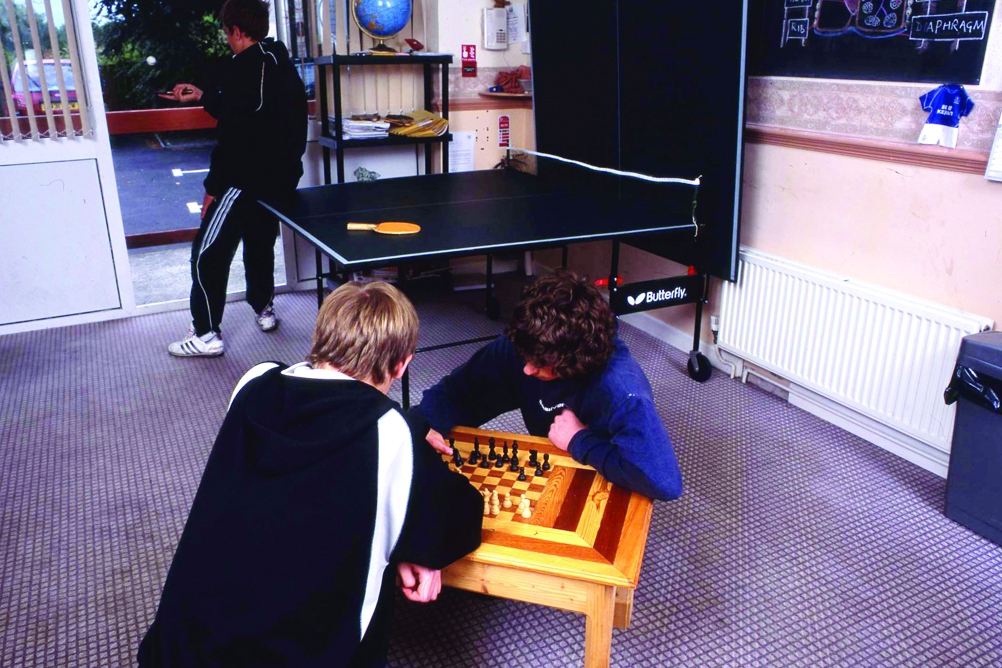
In its response to a consultation on new quality standards for children’s homes the government has announced a raft of amendments following concerns raised last year by residential care providers.
This includes tightening guidance around homes’ work with the wider social care sector and around use of restraint and tackling self-harm.
But a statement issued by Independent Children’s Homes Association (ICHA) executive officer Jonathan Stanley says: “No system will ever be perfect but government knows that serious concerns remain about the quality standards, their ambiguity coupled with the reliance on individual interpretation of an inspector or provider are already giving anxiety and in operation there may be unproductive conflict.”
The statement adds that “provider and practitioner knowledge have been sidelined throughout” the drafting of the standards.
The new standards come into force this April and the ICHA hopes that after the general election the government will meet regularly with residential children’s care sector representatives to evaluate the impact of the new regulations and how it is interpreted by inspectors.
“We think that within a year such a learning approach will allow a revision in April 2016,” adds the ICHA statement.
Guidance on when it is appropriate to use restraint was among areas where respondents to the consultation wanted more clarity. But the government says “we cannot be overly prescriptive” in this area.
The government has also ruled out introducing a requirement on all homes to produce a self-harm policy, despite the move being popular among respondents.
Another area in which respondents wanted change was to include guidance on the use of restorative justice. But the government has said the use of this should be “a matter for local discretion”.
Respondents to the consultation also wanted a stronger focus in the new regulations on offering high-quality therapeutic support when caring for children affected by trauma or abuse. However the government has said it will only amend the regulations “to reference that staff should be prepared and able to listen to children who want to talk about past experiences”.
The government response added: “We believe it would be inappropriate to prescribe the quality of care that each home should offer.”
Among other contentious regulations was homes’ effectiveness in working with other agencies.
Many children’s homes providers were concerned they would be unfairly penalised for a failure by children’s services and others to work with them. The government has said that the new regulations will now acknowledge that homes may face a challenge when others “do not engage or meet the needs of children in their care”.
Homes will also be expected to “have proactive relationships” with local schools and education support services and challenge them to ensure the needs of children are being met.
Other amendments to the regulations include making it clearer that homes should promote and communicate access to advocacy support.
The new standards will form part of a new Ofsted inspection framework for children's homes with a greater focus on ensuring they provide a safe and secure environment for children.
Register Now to Continue Reading
Thank you for visiting Children & Young People Now and making use of our archive of more than 60,000 expert features, topics hubs, case studies and policy updates. Why not register today and enjoy the following great benefits:
What's Included
-
Free access to 4 subscriber-only articles per month
-
Email newsletter providing advice and guidance across the sector
Already have an account? Sign in here

